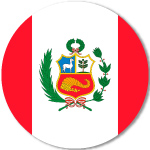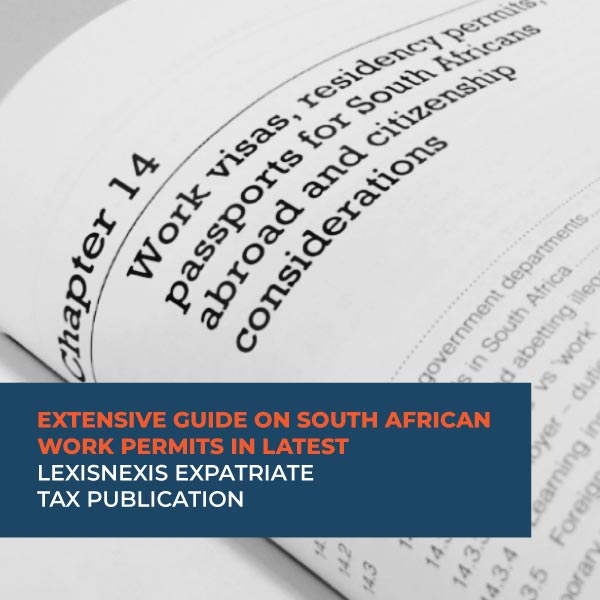However, according to Moeketsi Seboko, Immigration Manager at Xpatweb, those accounts are overdramatized and outdated. “In the wake of the Department’s 2017 White Paper on International Migration for South Africa, we have been seeing good progress towards a simpler yet secure visa application and fulfilment system,” he says.
Improvements
Already, a number of notable improvements to South Africa’s visa regime are being launched, as announced recently by Home Affairs Minister Aaron Motsoaledi.
These are aimed at making the country more accessible to visitors, investors, and people with critical skills that are vital to building the economy.
For critical skills, the Department has lowered visa turnaround times to under four weeks in 88.5% of applications. Business and general work visas are now issued within eight weeks for 98% of applications.
Visas for visitors from Qatar, Saudi Arabia, UAE and New Zealand were waived last month.
Now, visa requirements for countries such as China and India, which are major sources for tourism to South Africa, have also been simplified.
Further, Home Affairs has located visa services at various investment agencies around the country to provide easier access to visa applicants and holders.
Best of all, the Department will embark on a pilot project for its new e-visa system in November, which allows applications to be made online, instead of requestors having to visit a South African mission in their home country.
Security the first priority
Although the nation has an open border policy, protecting the safety and security of South African citizens comes first, and this is the core concern when developing entrance requirements or systems.
The Immigration Act is clear in its preamble that visas and permanent residence permits (PRP) are issued as expeditiously as possible.
This is done on the basis of a simplified procedure and objective, predictable and reasonable requirements and criteria, and without consuming excessive administrative capacity. Security considerations must be fully satisfied and the state must retain control over immigration of visitors to the Republic.
Prescribed requirements and due process need to be adhered to, and foreigner nationals have a duty to improve and benefit the economy of the country and to not disadvantage South Africans seeking employment.
“Globally, there is no immigration policy that gives investors an automatic right to a visa,” says Seboko.
Assisting Home Affairs
It is the responsibility of every immigration practitioner to ensure their services are geared towards supporting government policies, especially the promotion of economic growth.
They should assist corporates and executives to bring foreign nationals with needed expertise into the country, provided they align with the critical skills list and conform to various work visa requirements.
Xpatweb is currently running their 2019 Critical Skills Survey among its clients and other corporates, the results of which will be shared with the Department for consideration, and which has been widely quoted and used by other Government departments for informed decision making on market perception.
In conclusion, Seboko says: “It has been our experience that the Department is receptive to engagements and inputs from role players in the industry. Like any other government department, red tape and bottlenecks are frustrating but with patience and persistence, positive outcomes are always achieved.”











